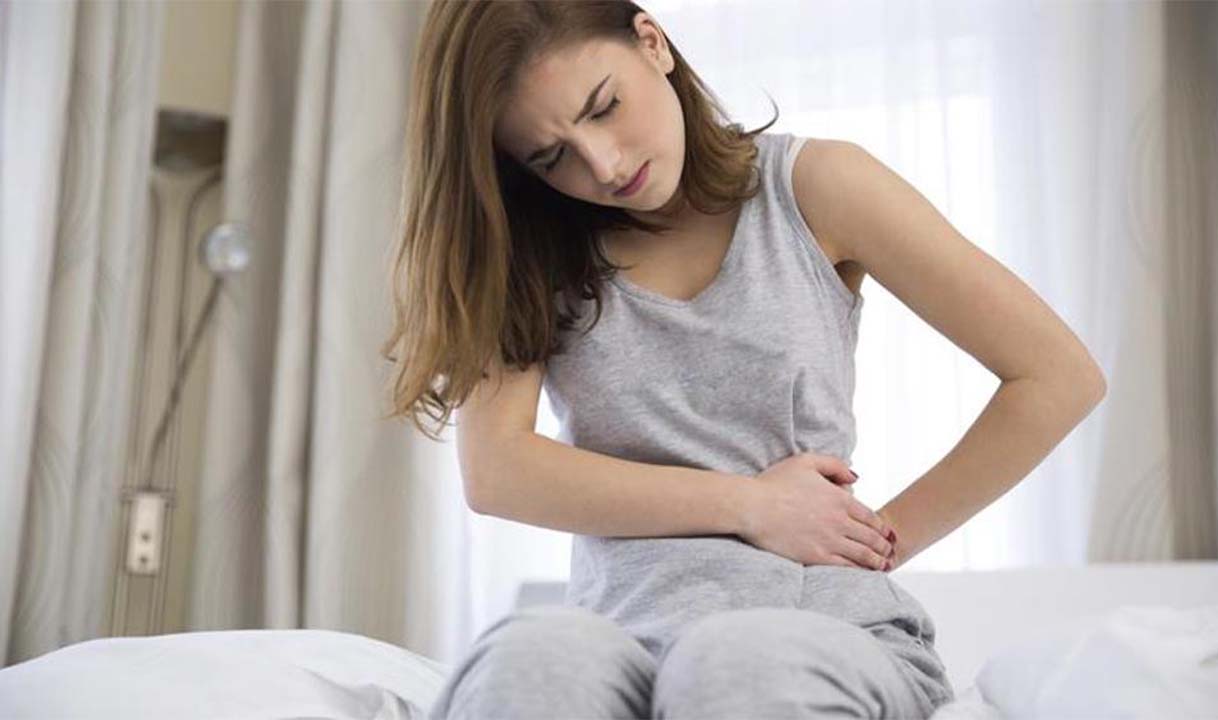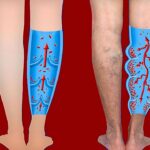One of the significant conditions that women with fibroids complain about is constipation. Hence, one of the essential concerns shown by fibroid patients is the relation between fibroid and constipation. The health concern caused by fibroid depends on the location and the size of the fibroid. The health concerns associated with fibroid may also impact bowel movements, hence impacting the digestive system of one’s body.
What is a uterine fibroid?
A muscular tumor that develops in or on a woman’s uterus is known as a fibroid. They are usually benign and do not cause any harm. They are typically known to grow within the wall of a woman’s womb and vary from very small to very large (as large as a grapefruit). The number of fibroids that can develop may also differ from woman to woman; some will create only one, while others may generate a few.
These non-cancerous tumors will cause various symptoms like
- Heavy and irregular menstrual bleeding
- Bleeding between your usual period cycles
- Period cramps that get worse with each cycle
- Extreme pain in your lower back
- Not able to fully empty your bladder
- Abdominal swelling
- Constipation
How do fibroids cause constipation?
A large part of your intestine, including the rectum, sits beside the uterus. When a person is ready for the bowel movement, the rectum fills with stool. Sometimes, tremendous pressure may be placed on one’s rectum because of the size and location of the fibroid. When this happens, the compression makes bowel movements difficult, leading to constipation. If the fibroid is pressing your rectum, you might also experience tenesmus. Tenesmus is a condition when you need to move your bowels but are physically unable to do so.
The pressure will cause symptoms like bowel discomfort and altered bowel habits. Fibroids that compress the rectum can potentially slow down or disrupt the normal movement of stool through the colon. This could lead to changes in bowel habits. Other disruptive symptoms may include chronic pelvic pain, urgency in urination, and heavy periods.
Which fibroids cause constipation?
The large fibroids have a higher chance of causing symptoms like constipation. Their location will also significantly impact the symptoms that are being experienced. The fibroid that develops towards the rear side of your uterus is more likely to cause constipation. Their proximity to the colon will also put additional pressure on the rectum.
How common is this?
Even though constipation is not the most significant and prominent symptom of fibroid, researchers have found that over 60% of total fibroid patients complain about constipation, diarrhoea, and bloating.
What can be done about problematic Fibroids?
Fibroids that do not have any apparent symptoms or those that do not cause any problems with your day-to-day life may not require any treatment. The ones causing mild symptoms can be treated by prescription gonadotropin-releasing hormone agonists (GnRHa), hormonal birth control, or NSAIDs, including ibuprofen. However, if the fibroids are problematic, a minimally invasive method like uterine fibroid embolization (UFE) may be enough. This method involves restricting the blood supply towards the fibroid, causing it to shrink.
Doctors may be unable to identify constipation as a symptom of uterine growth. They may start trying to improve your bowel movements with medication instead of understanding the underlying cause. Therefore, you should get tested for fibroids if you have extreme constipation problems. Discussing with your doctor or healthcare provider will help you address the issue more efficiently.




